Market Trends
Key Emerging Trends in the Smart Mirrors Market
Major developments affecting customer preferences are being observed in the smart mirror sector. The growing need for interactive and personalized experiences is one notable trend. When it comes to meeting the wants and intentions of consumers, smart mirrors are a perfect fit for this trend. The combination of artificial intelligence (AI) and augmented reality (AR) functions is a further major development in the smart mirror market. Smart mirrors with augmented reality (AR) characteristics are more useful and practical since they superimpose digital data on the reflected image. With AR technology built into the smart mirror, users can realistically put on clothes or explore with different makeup styles. Advanced features like predictive analytics—where the mirror can identify user preferences and make pertinent recommendations—are made possible by the partnership involving AI and smart mirrors. These patterns point to a shift away from simple reflective surfaces and toward more sophisticated, interactive smart mirror technologies. The aim to improve the shopping experience while in a store is driving a surge in the deployment of smart mirrors in retail. Smart mirrors are being used by retailers to create immersive and interactive fitting rooms where clients can virtually try on garments without having to change into new clothes. This approach tackles issues with hygiene & the physical constraints of conventional fitting rooms, while also enhancing the shopping experience. As the retail sector adopts these technological developments, smart mirrors are emerging as a major component in the digitization of the shopping experience. In the market for smart mirrors, sustainability is also a big trend. Demand for green and sustainable goods is rising as people become more aware of environmental issues. Furthermore, waste is minimized and the environmental effect is reduced through the optimization of the design and manufacturing processes. The global shift towards responsible consumption is in line with this sustainability trend and is expected to impact the smart mirror market. Although the market for smart mirrors appears to be improving, issues like security and confidentiality of data persist. Strong security protocols and privacy concerns must be addressed when smart mirrors gather and handle personal data. To win over customers, manufacturers and designers are proactively putting safe solutions into place and adhering to data protection laws.

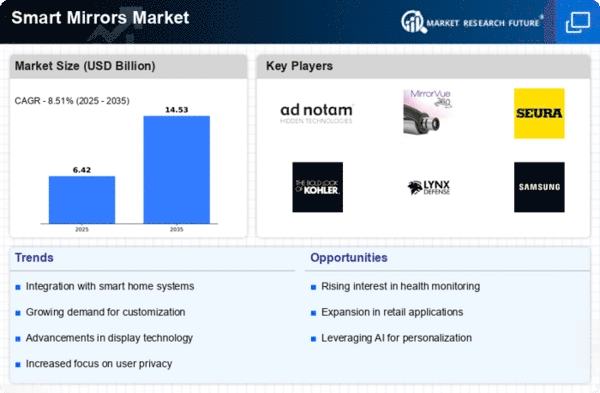
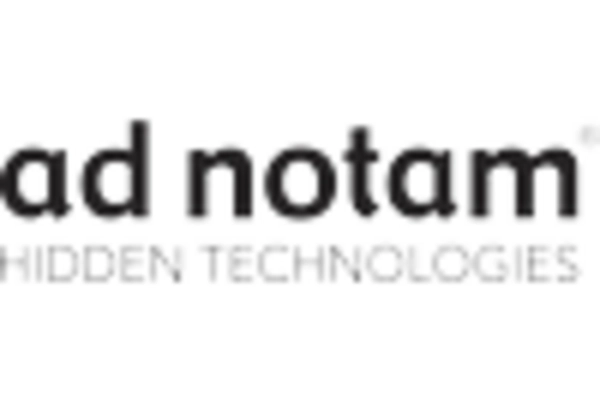
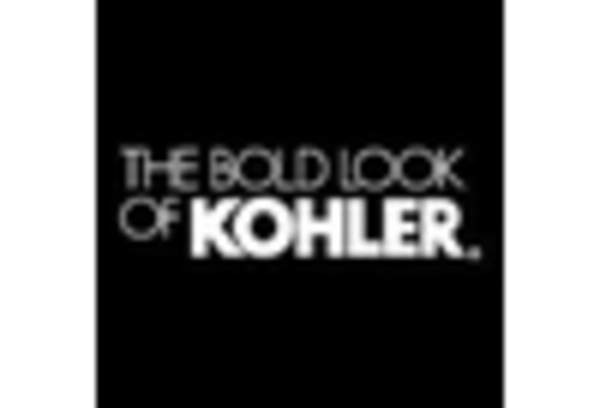
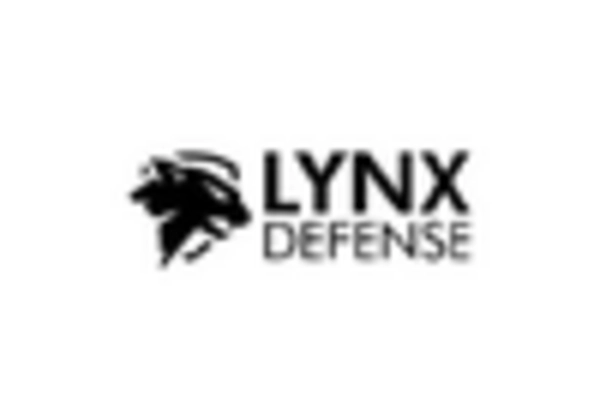
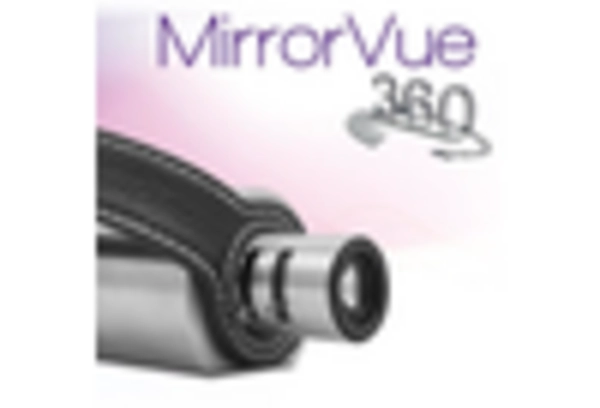

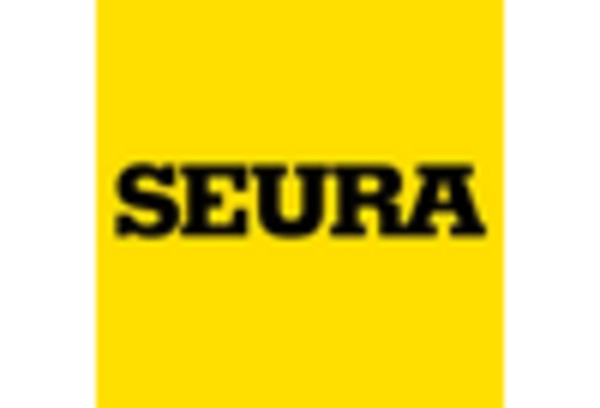










Leave a Comment